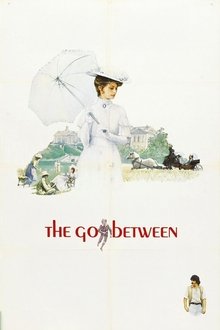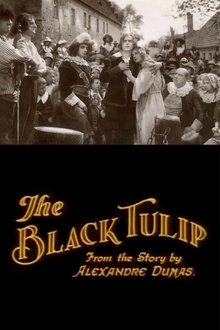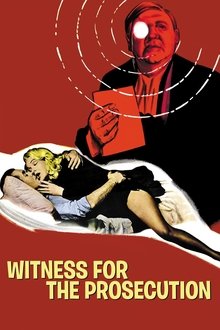A group of travelers is stranded in a small country inn when the river floods during heavy rains. As the bad weather continues, tensions rise amongst the trapped travelers.
Related Movies

Pork Chop Hill (1959)
Korean War, April 1953. Lieutenant Clemons, leader of the King company of the United States Infantry, is ordered to recapture Pork Chop Hill, occupied by a powerful Chinese Army force, while, just seventy miles away, at nearby the village of Panmunjom, a tense cease-fire conference is celebrated.

Island in the Sun (1957)
A scandalous tale of politics, social inequality, interracial romance, and murder set on a fictitious British-owned Caribbean island.

Blonde (2022)
From her volatile childhood as Norma Jeane, through her rise to stardom and romantic entanglements, this reimagined fictional portrait of Hollywood legend Marilyn Monroe blurs the lines of fact and fiction to explore the widening split between her public and private selves.

Goodbye, Mr. Chips (2002)
Over several decades throughout the late 19th-century and early 20th-century, Mr Arthur Chipping rises from a shy, nervous teacher to the beloved, revered headmaster of Brookfield School, with his life and career shaped by his love for his wife and his unwavering dedication to his students.

The Go-Between (1971)
British teenager Leo Colston spends a summer in the countryside, where he develops a crush on the beautiful young aristocrat Marian. Eager to impress her, Leo becomes the "go-between" for Marian, delivering secret romantic letters to Ted Burgess, a handsome neighboring farmer.

Diary of a Chambermaid (1964)
Celestine has a new job as a chambermaid for the quirky M. Monteil, his wife and her father. When the father dies, Celestine decides to quit her job and leave, but when a young girl is raped and murdered, Celestine believes that the Monteils' groundskeeper, Joseph, is guilty, and stays on in order to prove it. She uses her sexuality and the promise of marriage to get Joseph to confess -- but things do not go as planned.

Reconstruction (1968)
A prosecutor, policemen and teacher take the students Vuica and Nicu to a restaurant to re-enact their drunken brawl there, and have it filmed to show the effects of alcoholism.

The Holcroft Covenant (1985)
A man who was a confidant of Adolf Hitler dies and leaves a fortune to make amends for his Nazi past—but his son has to search the world to find it.

Death in the Garden (1956)
In a remote Amazon jungle village, a group of angry diamond prospectors revolt when the local government undertakes a violent crackdown.

The Black Tulip (1921)
In 17th century Holland, a faction of royalists is scheming to restore the monarchy and jail the De Witt brothers, who control the Republic. At the same time Tulip Fever is raging, and bulb-grower Cornelis van Baerle tries to obtain the secret of black tulips. Van Baerle will soon find himself threatened by radical royalists and rival bulb-grower Isaac van Boxtel.

Rakushka (2004)
A husband whose young wife has committed suicide meets for the first and last time his Russian mother-in-law who has arrived to collect the coffin.

Escape (2024)
A young man becomes convinced that the solution to all his problems is to live in jail, and he will do whatever it takes to get it.

Retén de Catia (1984)
Pedro Che is a carefree taxi driver who advises his friends Sebastián and Artemio, politically committed law students, to do like him.

Cop Killer (1994)
A woman is found murdered in a closed amusement park. A young couple who happen to be there at the same time become, without their knowledge, suspects for the murder. They are chased by a large number of police but only Martin Beck believes them to be innocent.

Roseanna (1993)
A young American girl is found dead in Gota Kanal, Swedens largest channel. Since there are hardly any clues or evidence at all it seems as if the murder cant be solved. Martin Beck and his men are assigned to the case. Soon they find a likely suspect and together with a police woman they begin a cat and mouse game to catch him. Plot by Mattias Pettersson.

A Single Man (2009)
Set in Los Angeles in 1962, at the height of the Cuban missile crisis, is the story of a British college professor who dwells on the past and cannot see his future. We follow him through a single day, where a series of events and encounters ultimately lead him to decide if there is a meaning to life after the death of his long time partner, Jim.

The Adventures of Huck Finn (1993)
Mischievous Huck Finn is unnerved when his father, reemerging after years away, kidnaps him in an attempt to take away a $600 inheritance from his late mother. Fearing for his life, Huck fakes his own death and escapes. He soon runs into his friend, Jim, a slave fleeing his master. Together, the pair embarks on a raft journey down the Mississippi River, staying ahead of pursuers who blame the slave for Huck's alleged murder.


